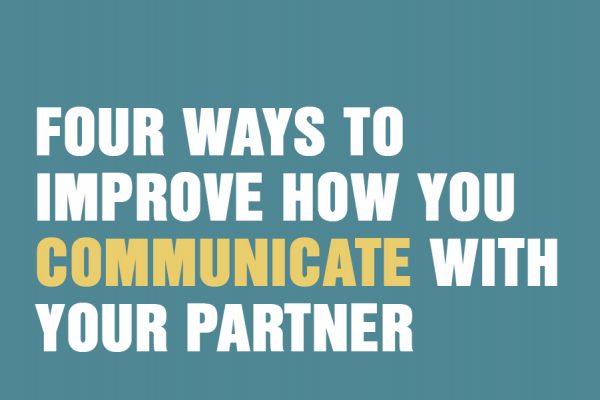Have you ever felt your heart race because that bit of black thread looks like a spider out of the corner of your eye, not been able to sleep unless there is a light on, or felt physically incapable of walking into a crowded lift? If so you will have an inkling of what it is like to have a phobia.
We all have things that we don’t like, want to avoid and make us uncomfortable, but a phobia is more than that; it is a constant, irrational fear of a thing, situation or activity. Phobias are a form of anxiety disorder and can take over your life making you feel you cannot leave your home or meet other people in terror of the consequences if you do. Phobias can be so powerful that they interfere with your ability to work, socialise and keep your normal daily routine.
If you are faced by the source of your phobia you can suffer overwhelming anxiety and enormous distress. Phobias can also cause physical symptoms such as chest pain, choking, shortness of breath, heart palpitations, sweating and dizziness. For some people, even thinking about their phobia is immensely distressing.
Recent psychological studies show that the majority of phobias develop during childhood between the ages of four to eight. Phobias are caused by trauma, stressful or frightening situations, for example having a bad experience in a confined space as a young child could lead to claustrophobia developing later on. Or a near-drowning incident could be the cause of hydrophobia. Often the original incident and the fear it aroused has been repressed or even completely forgotten by the phobia sufferer. But the phobia comes about when the fear produced by the original stressful situation or frightening thing gets transferred onto similar situations.
There are two types of phobias: simple phobias such as arachnophobia (fear of spiders); and complex or social phobias such as agoraphobia (fear of open spaces), claustrophobia (fear of closed spaces) or social phobia (fear of interaction with others).
It has also been shown that having a parent with a phobia can lead a child to have the same phobia in later life if they were exposed to the parents’ anxieties during their childhood. This is because phobias are learned emotional responses, we are conditioned into having them. But the good news is that whatever is learned can be unlearned and over time the fear and anxiety caused by the perceived threat can be controlled.
Talking therapies, and CBT in particular, can be very effective in helping people to overcome phobias. The way this generally works is that the person with the phobia is encouraged, gradually and in a safe and containing environment, to talk about and then to be exposed to the anxiety-provoking object or situation until (eventually) they realise that they are safe to do this and they can then stop feeling so anxious around that thing.
If you feel ready to talk about your anxiety or think you might have a phobia we have experienced psychotherapists and counsellors who specialise in CBT and will be able to help. Call 020 8673 4545 or email [email protected]







